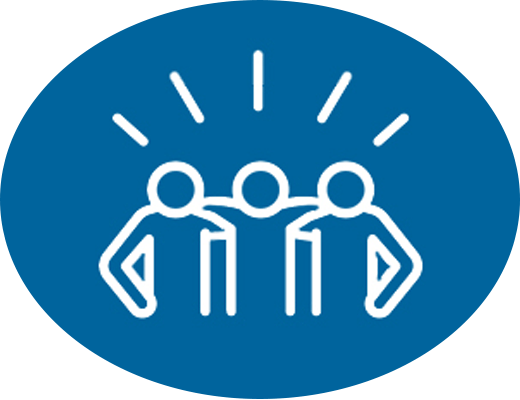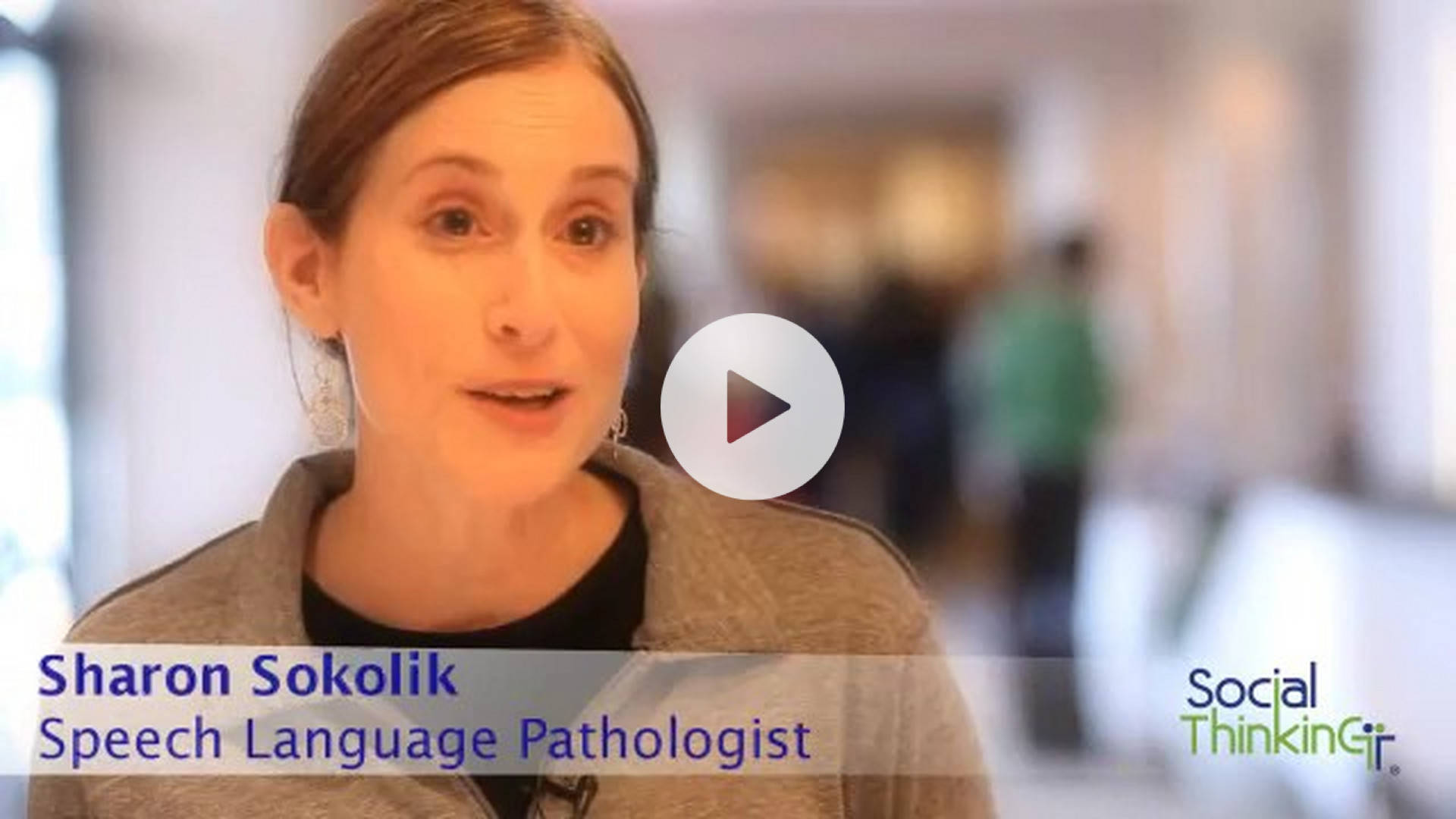Practical Ideas for Teaching Self-Regulation & Building Friendships
When a student says or does something that seems out of sync with the group, many are quick to call this a “behavior problem.” Likewise, when it’s hard to make a friend, or friendships dissolve into dislikes, we may see this as reluctance or resistance to building relationships. The reality is that both managing one’s own behavior and building relationships are complex. They require a foundation of self-awareness, social interpretation, and problem solving. This course will focus on how to rethink what is meant by “behavior problems” and teach lessons that encourage the development of social competencies to meet one’s own personal social goals. We will also unpack different aspects of peer-based relations, from friendship to dislike, and provide practical tools and perspective-taking activities to encourage student motivation to continue developing increasingly complex relational competencies as they age.

- Description
- What You Will Learn
- Schedule
- Who Should Attend
If you’ve spoken to an educator or clinician in the past year, you’ve probably heard them lament about how ALL students are struggling more than ever with self-awareness, self-regulation, and building and maintaining relationships. Many of us are quick to spot behavioral issues but not as savvy at figuring out how to help. A place to start is let’s stop telling kids to “just behave” and “go make friends.” It’s not that simple.
Helping Students Meet Their Own Social and Relationship Goals
In this face-to-face interactive conference, the speaker will explore how to build social competencies in a proactive manner rather than correcting behaviors punitively. In the morning, discussions will center on specific strategies to foster self-awareness and self-regulation. In the afternoon, we’ll focus on visual tools for teaching students tools to meet their social relationship goals. Specific concepts for the day include:
- Discussing how social awareness and self-awareness are part of learning social competencies.
- Exploring how social emotional memory plays a role in social self-regulation.
- Exploring why some students might struggle to learn and/or be part of a group.
- Exploring when co-regulation is an important part of the self-regulation process.
- Rethinking the assumption that students will embrace the goals we generate.
- Exploring how to tap into students’ social desires to generate self-determined goals.
- Examining how assumptions may get in the way of helping students learn.
- Exploring how the social mind is at work within the classroom experience.
- Discussing the power of feelings, the amygdala, and managing feelings using visual supports
Upcoming Conferences
- Define the four parts within a Social Emotional Chain Reaction.
- Describe the role social emotional memory plays in self-regulation.
- Describe the six levels on the Friendship Pyramid.
- Explain how a student’s inner voice can promote or discourage attempts at building relationships.
- Explain how a “Feelings Across a Day” visual tool can teach about emotional experiences across time.
Upcoming Conferences
This agenda may change without notice.
| 7:30 AM–8:30 AM | Use social competencies to problem solve how to sign in, find a seat, and enjoy a cup of coffee or tea while getting to know fellow attendees.. |
| 8:30 AM–10:15 AM |
Unpacking the difference between teaching social competencies vs. modifying inappropriate behavior.
|
| 10:15–10:35 AM | Break |
| 10:35–12:00 PM |
Teaching about how the social world works
|
| 12:00–1:00 PM | Lunch |
| 1:00–2:15 PM |
Friendship
|
| 2:15–2:35 PM | Break |
| 2:30–3:40 PM |
|
Upcoming Conferences
Interventionists supporting ages 5 - young adult. At our conferences we share our latest frameworks, lessons, and strategies for teaching social thinking with a wide variety of interventionists, including: speech-language pathologists, special and general education teachers, social workers, counselors, clinical and school psychologists, occupational therapists, behavior specialists, and school administrators to name a few. It’s also used by family members and caregivers across settings.
Upcoming Conferences









